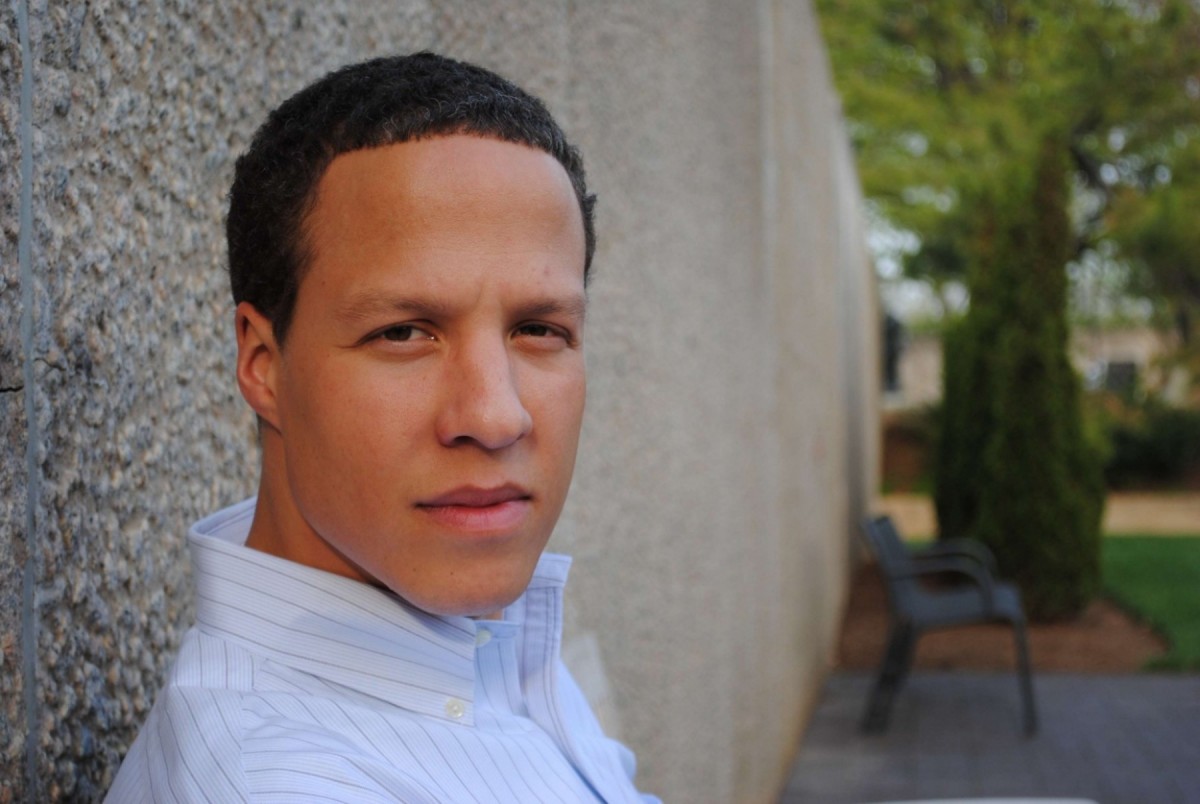On March 22, The Atlantic published an in-depth story examining the visibility of churches in black-and youth-led political activism of the last several years compared to the Civil Rights Movement of the 1960s. George Derek Musgrove ’97, history, associate professor of history, was quoted extensively in the article and provided historical context for why the church doesn’t play as central a role today as it did during the sixties.
During the civil rights era, Musgrove told The Atlantic that churches provided a natural venue for people to come together to share messages. However, the article states, fewer young African Americans attend church now compared to the sixties.
“The main resources were bodies,” he said. “The church was the organizational center of the community. You were guaranteed to see a certain number of people every Sunday, and a lot of those people were going to be participating in church activities throughout the week. You could get access to them.”
Musgrove went on to explain that recent civil rights and social justice movements in Baltimore largely reflect what is taking place across the country. “Baltimore is a local representation of a national concern,” he said. “The Black Lives Matter movement is, to a certain degree, a reaction to the bitter disappointment of the Obama years…These folks have come to political maturity at a time when … there was this real hope that Obama would create a new era. And they have seen that the aftermath of that claim that things have, in many cases, gotten worse.” He shared that the current generation of young black activists are building social movements through institutions outside the context of the church.
Read the full article “Black Activism, Unchurched” in The Atlantic.
Image: George Derek Musgrove. Photo by Marlayna Demond ’11 for UMBC.

